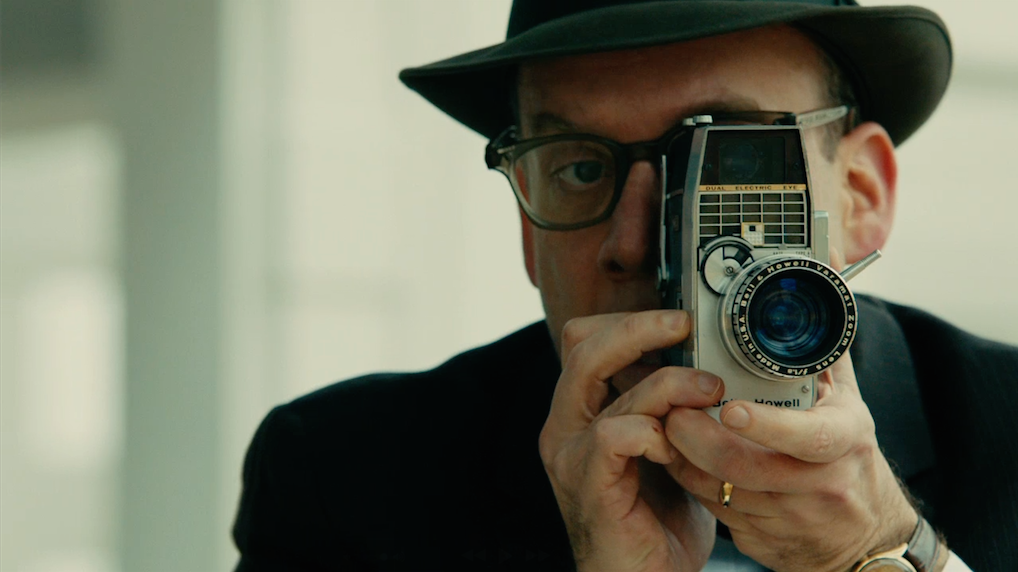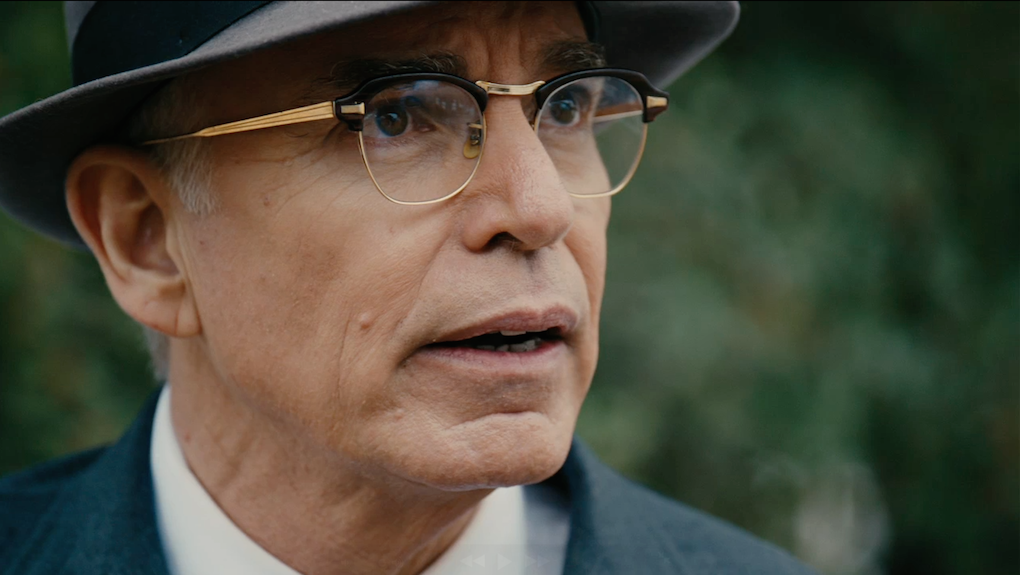A Look at the Aftermath of the Kennedy Assassination 50 Years Later.
Director: PETER LANDESMAN/2013
 Former New York Times Magazine writer, Peter Landesman, directs Parkland, a look at the 3 days following the Kennedy assassination. Using his journalism credentials, Landesman weaves his way in and out of the chaos following the death of our President, and the effect it had on those involved in the case.
Former New York Times Magazine writer, Peter Landesman, directs Parkland, a look at the 3 days following the Kennedy assassination. Using his journalism credentials, Landesman weaves his way in and out of the chaos following the death of our President, and the effect it had on those involved in the case.
Named for the famous hospital in Dallas, Texas, where President Kennedy was taken following his being shot, and where Lee Harvey Oswald was taken after being shot by Jack Ruby, we are shown the two contrasting ways both men were treated at this one location called Parkland. The camera throughout the film seeks to capture the chaos of the scene when Kennedy is brought in, barely gripping to life, as well as the effects this event had on the doctors, nurses, and staff who were given the impossible task of treating the President’s fatal wound.
We are also given glimpses of the fallout that takes place within the Secret Service for losing a President on their watch. We see the devastation of the F.B.I. as they realize their failure to have stopped Lee Harvey Oswald when they could have had him arrested 10 days earlier for making threats in their office.

Abraham Zapruder is given screen time as well, as we see the devastation he dealt with after having witnessed the murder of our country’s leader, and the effect on his family once it was learned that his film contained the entire event.
Finally, we are given a very personal glimpse inside the Oswald family, particularly his mother and brother Robert’s reactions, as they watch their son/brother being charged with such a horrific crime.
The film begins early on the morning of the assassination, in November 1963, taking us from Ft. Worth, Texas where the President made some early appearances, to his arrival at Love Field in Dallas. Using actual footage of these historical events interspersed with scenes from Parkland, we are transported from the news footage and Zapruder film to a dramatic undertaking of a country and its citizens seeking to get past the shock of losing their leader in such a horrific fashion, and trying to make sense of it all.

The film boasts some strong performances. Billy Bob Thornton stands out as Secret Service agent Forrest Sorrels, as does James Badge Dale, who plays Robert Oswald, the brother of the assassin. Jacki Weaver is also good as the mother of Lee Harvey Oswald. Paul Giamatti is solid as always playing Abraham Zapruder, the author of the famous 8mm tape of the event. Marcia Gay Harden effortlessly elevates her scenes as Parkland Nurse Doris Nelson, as well. Colin Hanks is unrecognizable here unless you are looking for him, and largely fades into the background. Zac Efron, as Dr. Jim Carrico, seeks to transition further away from his teen roles by playing a more dramatic part. Kat Steffens is memorable as Jackie Kennedy helping to audience to seamlessly go from the actual footage to the scenes of the film. She also carries much of the emotional weight at the beginning of this film.
While this is a solid directorial debut for Landesman, there are some trouble spots as well. With so many narratives to weave in and out of this film, there is the tendency to get bogged down in some of the competing stories while going through others at too brisk a pace. The storyline taking place at the F.B.I. office was one that should have been developed a bit more in order to really highlight how in hindsight we could have really prevented this tragedy. While it is underdeveloped, we spend too much time in the hospital after the President has succumbed to his injuries.

There are some wonderful moments of emotional candor, especially as they attempt to bring President Kennedy’s casket aboard Air Force One. It is here that you see a group of people when they are most lost, in an unprecedented situation, trying to do what is right, even when they do not really know what that is. And one of the most poignant scenes of Parkland is the contrast of the loneliness shared by the Oswald family as they bury their son and brother, husband, and father virtually by themselves in isolation, while the President is given a grand send-off in public.
This film, while based more in reality and actual accounts of the events following the assassination than Oliver Stone’s film JFK, still can’t escape the shadow that JFKstill casts over Parkland, and any film on this subject. With JFK having a much more audience-friendly presentation, coupled with the tabloid nature of the conspiracy theories abounding in Oliver Stone’s film, it is natural to be more enthralled by JFK. If you are willing to look at an account of the Kennedy assassination that portrays the effect on the characters in the periphery of this story, and put to rest all of the conspiracy theories and the like, Parkland is a good case study of the effects monumental events can have on the lives of those closest them.


